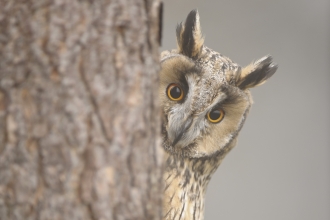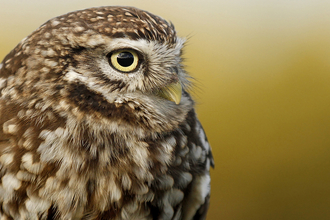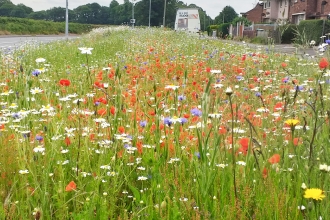A new change to Wales’s agriculture pollution regulations means that proposed licenses for muck-spreading will no longer be a requirement of farmers – instead they will need only to ‘self-report’ how much manure they put on fields. This voluntary approach will perpetuate the catastrophic consequences of farm run-off for Welsh rivers, say Wildlife Trusts Wales.
Agricultural pollution is known to be the main cause of the poor state of health of some of Wales’s most iconic rivers – it is a more significant factor in their degradation than sewage. Over 60% of rivers that are designated Special Areas of Conservation in Wales – including the rivers Wye and Usk – have failed phosphorus targets. A study of the Wye catchment found that “60-70% of the total phosphate load now comes from agriculture”. The effect on water quality and wildlife is damaging: salmon numbers have crashed in Wales by 42% and all river stocks have been assessed as ‘at risk’.
The regulation as originally drafted in 2021 had required farmers to apply for a license if they planned to spread an excess of 170 kg of nitrogen per hectare per annum. The change to the law “will now expect farmers to self-report any excess manure spreading”. This will allow the present high levels of pollution to continue.



